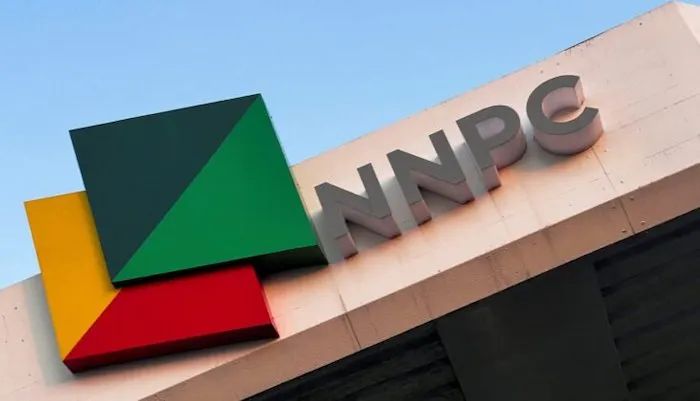The Nigerian National Petroleum Company (NNPC) Limited is facing severe financial difficulties, which may lead to an official increase in fuel pump prices in the coming days. The state oil company has revealed that it is grappling with significant debts owed to petrol suppliers, a situation that threatens the sustainability of fuel supply across the nation.
The debt, initially reported at $6 billion earlier this year, has reportedly doubled since April 2024. This surge is attributed to delays in payment for imported petrol, with the payment period now stretching over 130 days, compared to the usual 90 days.
Olufemi Soneye, NNPC’s Chief Corporate Communications Officer, addressed the issue in a statement on Sunday, acknowledging the company’s substantial debt burden. “This financial strain has placed considerable pressure on the company and poses a threat to the sustainability of fuel supply,” Soneye said.
He reaffirmed NNPC’s commitment to its role as the supplier of last resort, in line with the Petroleum Industry Act (PIA), emphasizing the company’s efforts to collaborate with government agencies and stakeholders to ensure a steady supply of petroleum products nationwide.
NNPC Limited became the sole importer of petrol four months after the government opened up fuel imports to private players. However, despite these reforms, private firms have struggled to secure the foreign currency needed to import premium motor spirit (PMS), commonly known as petrol. NNPC Chief Executive Mele Kyari highlighted this issue during an energy conference, noting that “None of them [private fuel companies] can do it today. For them, access to foreign exchange (FX) is difficult. We create FX, therefore we have access to FX, and their access to FX is limited.”
Nigeria, Africa’s largest oil producer, imports almost all of its fuel due to insufficient domestic refining capacity. This reliance on imports, coupled with the country’s foreign currency shortages, has contributed to the current financial strain on NNPC. The situation has been exacerbated by the weakening of the naira, Nigeria’s local currency, which has hit record lows in the parallel market.
As Nigeria continues to struggle with foreign currency shortages, Central Bank Governor Olayemi Cardoso recently revealed that policymakers are grappling with nearly $7 billion in unmet foreign exchange demand, further complicating the country’s economic challenges.

